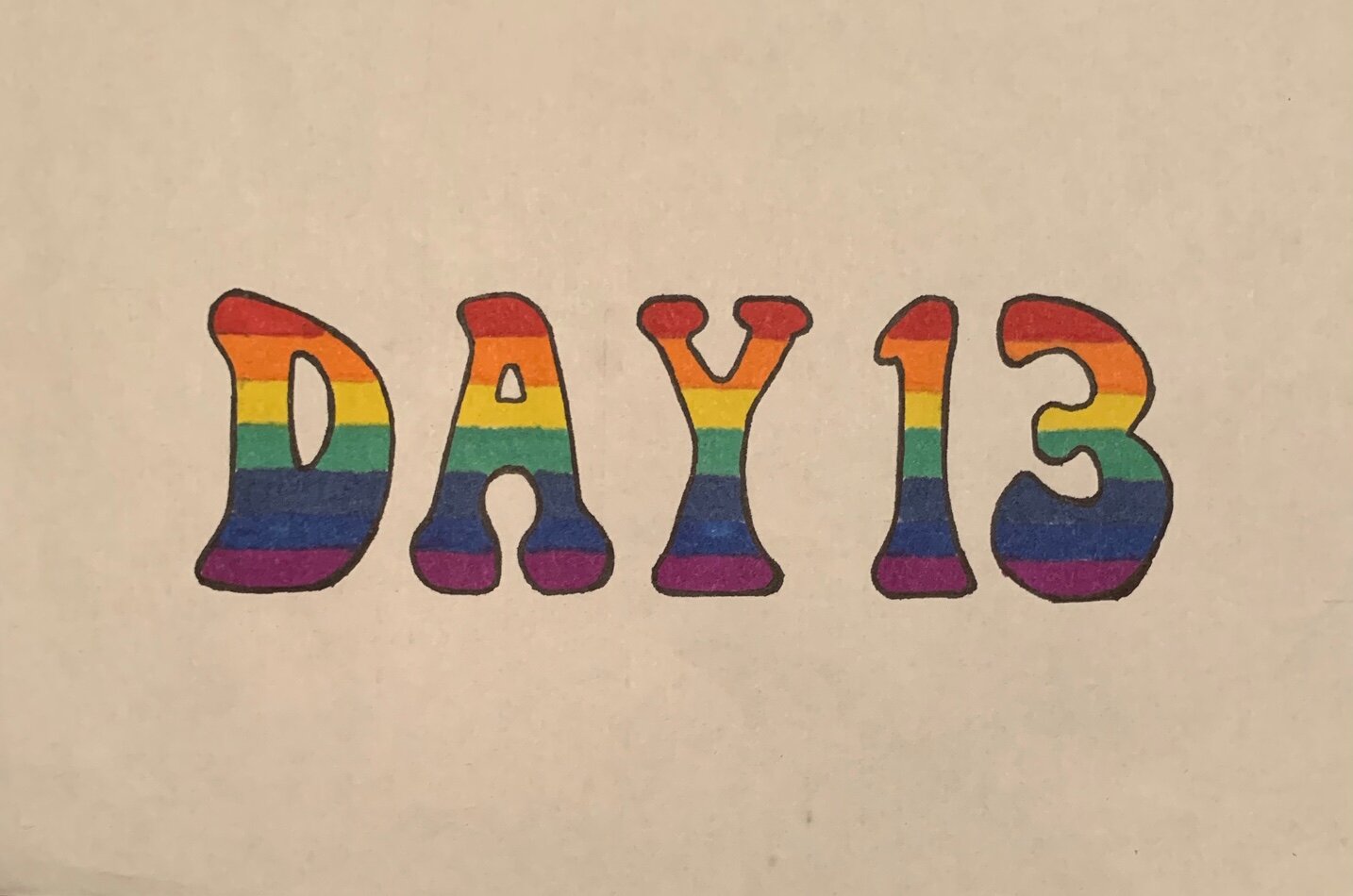day thirteen: children
One child, one teacher, one book, one pen can change the world.
-Malala Yousafzai
When my son Joe was five-years-old, I picked him up from school one day and the first thing he said was, We’re going to see a rainbow today. I looked up at the cloudless Los Angeles sky and said, Honey, it’s very rare to see a rainbow. I didn’t want him to be disappointed. We proceeded to have breakfast-for-dinner at the local IHOP, and when we left the restaurant there was a full rainbow over Santa Monica Boulevard.You were right, I was wrong, I said. It was in that moment that I realized that my small child had access to a different kind of knowing than I did.
Years later, a spiritual teacher would tell me, evolution moves forwards not backwards. Children are here to teach us, not the other way around. Our job as parents is to keep them alive until they know how and to love them—that’s it. I’ll take it one step further. Our job is also to listen to our children and to the young people of the world.
The Diary of Anne Frank has been published in 67 languages and has sold over 30 million copies. She wrote the book over two years from her 13th birthday (the red and white checked diary was a present) until she was sent to Auschwitz and later Bergen-Belsen concentration camp where she died. Anne is one of the most influential voices of the Holocaust.
Greta Thunberg has become one of the most important activists in the world for climate and environmental change. She’s now 17 and has already graced the covers of the most respected publications in the world, been named Time person of the year, earned two Nobel Peace Prize nominations and has 10.2 million followers on Instagram.
At age 17, Malala Yousafzai was the youngest person to have won a Nobel Peace Prize for her education activism. I spoke to Patricia McCormick who’s the co-author of Malala Yousafzai’s best-selling biography, I Am Malala: How One Girl Stood Up for Education and Changed the World (Young Readers Edition), about young people’s voices.
TWIN: What surprised or inspired you through collaborating with Malala?
PM: How wise she was. She almost intuitively had answers to life’s biggest questions – about inequality, about faith, about the need to stand up for what you believe in.
TWIN: How do you suggest we start soliciting and amplifying young people’s voices more?
PM: I think one of the best things we can do is to help young people become more comfortable with stillness. It is in those quiet moments that we come to hear an inner voice that is wise and unique. Out of stillness comes a voice that can speak loudly.
TWIN: How do you recommend young people find stillness in such a busy world?
PM: I always tell kids—unplug. Whenever you're listening to a song, watching a show, looking at FB, you are on the receiving end of someone else's creativity. You have to turn that off to generate your own creativity.
There’s a critical and unadulterated lens through which young people see the world. What would happen if we, as adults, invited their opinions and ideas more often? What if we used our money, experience, access and platforms to get their voices heard?
Not us or them. But us and them. Together.
Reflective Journal Prompts
What did you see more clearly as a child about inequality, faith or the need to stand up for what you believe in?
In what ways have you resisted or undervalued the voices, opinions and ideas of younger people? How can you amend that in the future?
What do you think the young people of the world are here to teach us? If you have children of your own, what do you think they are specifically here to teach you about your life or the world?
Discussion Prompts
Discuss the wisest things that young people have taught you.
Suggested Action
From the beginning of The When is Now, I’ve offered discussion prompts and actions that could be done for children, however, I had a second reason in mind. I thought that by inviting their opinions you might hear or learn something that would enrich you during this critical time in history.
I invite you to consciously ask for young people’s ideas (now and always) about what your family needs, what the world needs and how we can evolve as human beings.

